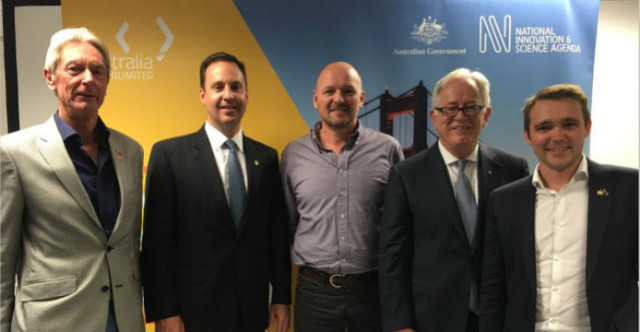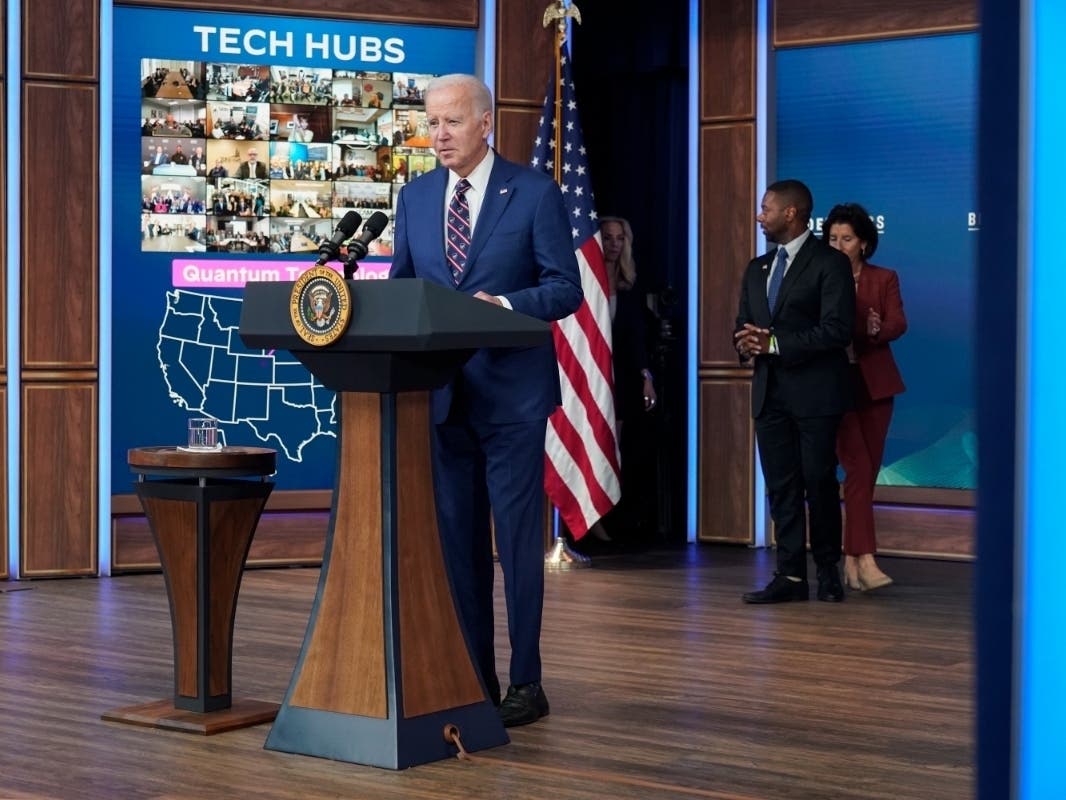Will the government’s $11 million landing pads be thriving hubs of innovation or expensive empty rooms? – StartupSmart

There’s been a lot of talk recently about “landing pads”.
Two weeks ago newly appointed trade minister Steven Ciobo officially launched the Australian government’s first landing pad at RocketSpace in San Francisco and last week Shanghai joined Tel Aviv on the list of places the government expects to open additional hubs in 2016.
The Turnbull government plans to spend $11 million on five landing pads around the world as part of the National Innovation and Science Agenda announced in December last year. This was one of the policy initiatives StartupAUS recommended in its 2015 Crossroads Report.
But a pretty significant question remains unanswered in all of this: What exactly is a landing pad and why do we need them?
A landing pad is a place where Aussie startups can go to get their foot in the door offshore.
Local startups looking to expand into new markets or raise funds overseas have a ‘home base’ at the landing pad – a desk, an internet connection, access to meeting rooms and other facilities, and some help – preferably in the form of someone with extensive local connections in the ecosystem.
And, if the landing pads attract enough interest, users will have a pre-made professional network of current and recent co-habitants.
There’s a compelling case to be made for this concept. Take for example the landing pad in San Francisco. Our best entrepreneurs are likely to want to expand to the US for a range of reasons, not least because the US has the world’s biggest consumer and venture capital markets.
We need to encourage and assist them; their success is Australia’s success. And landing pads allow them to keep their businesses headquartered in Australia while expanding their global reach.
The ideal scenario is that the Australian government succeeds in setting up highly effective landing pads in key locations around the world, substantially increasing the global impact and influence of Australian businesses.
These landing pads would be thriving hubs of knowledge-sharing; safe spaces where entrepreneurs could come to be inducted into lucrative foreign markets and learn from those with experience. They could reasonably expect to attract some private funding too, perhaps allowing them to offer prizes or targeted, subsidised ‘study tours’ to promising young Aussies who would benefit from experiencing some of the world’s best startup ecosystems.
But there is also a substantial risk that this may not happen.
If the landing pads don’t offer services that startups actually want they will ultimately fail. Attracting customers – startups – will be key to the success of the project. Officials designing the landing pads will have to understand their customers and they’ll have to do a good job marketing the product.
Without startups, landing pads will just be empty rooms.
There are a number of pitfalls into which landing pads could fall.
At a practical level, government will no doubt be keen to ensure there are integrity, security and transparency measures in place for the Landing Pads.
For potential users, that means red tape and bureaucracy, which will immediately drive the vast majority of startups away.
At a conceptual level, too, this could easily go wrong: a government-facilitated, 12-week user-pays ‘discovery’ mission would miss the point entirely for serious entrepreneurs.
One complicating factor is that no two successful landing pads will be the same. The use-case for entrepreneurs will differ from country to country. The benefits startups will see from a San Francisco landing pad will be very different to those that should be offered by one in Tel Aviv.
Some careful thinking will be necessary about what that means for the landing pad design and implementation process.
It’s not totally clear that this sort of clear customer-focused thinking has been part of the process to date.
StartupAUS has suggested conducting some genuine market research among startups to pin down the value proposition for potential users but the government isn’t keen. That’s a risky approach.
It wouldn’t take much to turn this great idea into a dud.
Alex McCauley is the newly appointed CEO of StartupAUS. Prior to this, he worked as a diplomat at the Australian Embassy in Tel Aviv, Israel, from 2012-2015. StartupAUS is Australia’s leading organisation promoting technology entrepreneurialism. You can follow him on Twitter.
Follow StartupSmart on Facebook, Twitter, LinkedIn and SoundCloud.

